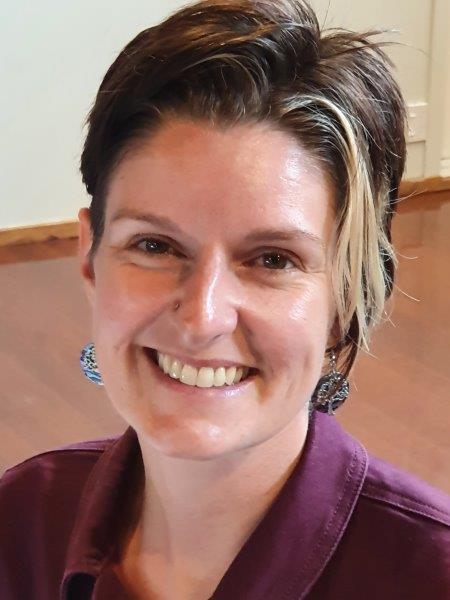 Dallas New gave us her Viewpoint today. She said ...
Dallas New gave us her Viewpoint today. She said ...
'I once read a thought-provoking essay that challenged our normalcy in society to always have an opinion at hand, regardless of the topic. Picture standing with a drink in your hand surrounded by a couple of colleagues, casually having a yarn. One comments about the dire state of - say, immigration policy, climate change, etc. - and turns to you awaiting comment. You don’t miss a stride - you’ve been groomed to hold a conversation, so you nod your head, echo their sentiment, and list off some stats you read on the internet a few weeks ago.
'The truth though is that you/I/we, often know shockingly little about the things we offer opinions on. An interesting phenomenon consistently pulls back the curtains on this illusion of expertise, whereby when you ask someone to dive into further detail behind their stated facts or opinions, they will frequently surprise themselves by discovering how little content they have to fill in the full story.
'This is a symptom of the Dunning-Kruger effect.
'The Dunning-Kruger effect is a hypothetical cognitive bias, whereby people wrongly overestimate their knowledge or ability in a specific area.
'This isn’t a bias of “dumb people”. In fact, the Dunning-Kruger effect has been highlighted throughout the covid pandemic by individuals who are experts in their fields - be it law, journalism, computer science, dentistry, chiropractic - you name it. Their belief in their own cognitive abilities based on that expertise gives them a false sense of their knowledge and predictive powers in areas well outside their own domain, such as immunology, virology, or public policy.
'As an epidemiologist, one of the most frequent questions I’ve received over the last six weeks has been, “What do you think will happen with our alert levels at the announcement?” Of course, they should ask me. I’m an epidemiologist trained in public health. I should be their golden ticket to winning that work bet.
'But ironically, the area I am the most trained in also provides me with the most humility. My answer is usually the same. “There is way more information to be considered in this decision than any of the public is privy to.” I know there’s a lot I don’t know, and I have no interest in being an armchair covid epidemiologist. The experts in the field are the ones to make those decisions.
'I wish I could say that I treat every opinion consideration with such thoughtful analysis before opening my mouth, but I don’t. I am certainly guilty of the Dunning-Kruger effect at times.
'My viewpoint is that there are a lot of instances in our lives where we need to convince ourselves to slow down and examine the breadth of information we hold before allowing our brains to jump to an opinion. Our society depends on us being able to slow down, think and respond rather than react.'
